For freshman Jasmine Zhang, the COVID pandemic was an extra obstacle in balancing her already hectic schedule. Even now, three years post-pandemic, her week is full. Zhang spends her time at school, swim practices, orchestra rehearsals and debate meetings. She doesn’t get a break on the weekend either. If she’s not heading to a swim meet, it’s a debate meet. If it’s neither, it’s either a swim practice, a chemistry class, a math class or a writing class. The past three years have been difficult for Zhang, and she said many of the effects are still present.
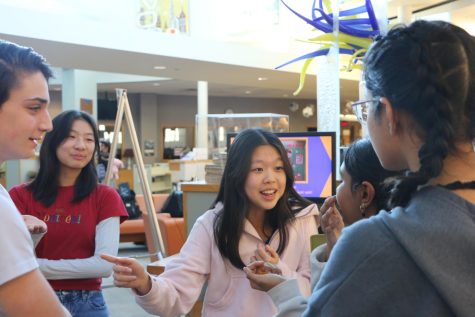
“During COVID, my ability to manage time went down by a lot because I had a lot of extra time,” Zhang said. “Online learning obviously took less time than in-person learning, so I had a lot of time to do different activities and other stuff, but most of that also got canceled, so I had a lot of time and nothing to do. I would just waste time, and I think that just keeps carrying on into (the) post-pandemic time.
“I am pretty overwhelmed sometimes,” she added. “I kind of just buckle up and get everything done after crying for a bit. Sometimes I lack (the) motivation to do anything and I end up watching YouTube for a very long time because I just don’t want to do anything.”
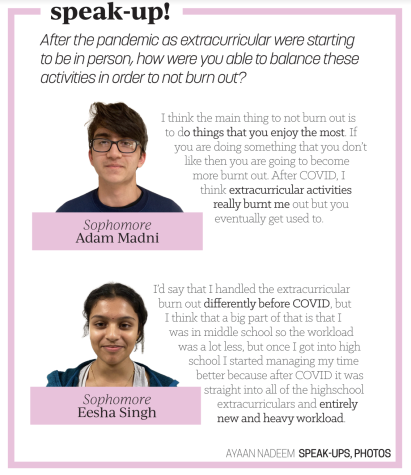
Zhang is one of many students with this struggle. According to a 2021 survey conducted by NBC, 56% of students reported their academic stress levels have risen from what they were before the pandemic. As the world begins to fall back into its old routine, activities in all fields are picking back up. As more and more students do more and more of these activities, the impact is becoming evident.
Senior Arthur Yeh said he has also struggled with balance post-pandemic.
“(I’ve become) pretty awful with time management,” he said. “For me during COVID, because I was so bored, I was on my phone (all the time), and because it was virtual, I multitasked a lot. Before I could pay attention and take notes, but now, I can’t really do that as well.”
At this school, counselor Cary Schwartz said she has seen a noticeable increase in students who visit the counseling center for mental health concerns since the pandemic. Additionally, Schwartz said the lasting effects of the pandemic are closely entangled with a rising trend of burnout and lack of balance.
“It’s hard to know what came first, the chicken or the egg?” she said. “Are students feeling burned out because they are overextending themselves? Are they feeling burned out because they haven’t had to work at this pace for the last two or three years? Are they feeling burned out because maybe there’s been a stunting of maturity?”
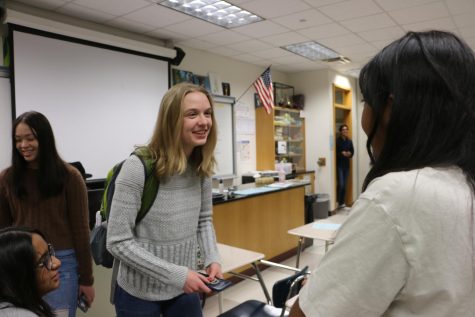
However, while both Zhang and Schwartz said they have seen COVID have a more negative impact, senior Laura Martens said the pandemic did not have a significant impact on her regular schedule.
“COVID actually made my schedule easier because of (the) hybrid (schedule). I liked having an extra day at home to take care of extra work,” Martens said via email.
Similarly, despite Yeh’s other struggles, he said extracurriculars helped him balance his life during COVID.
“I could always handle my extracurriculars because they were always something I wanted to do,” Yeh said. “They provided some more structure to my life (during COVID). I played piano, (which) took up a lot of (my) time, but it was something I could routinely do.”
Even though the two had different experiences with the pandemic, both Zhang and Martens shared similar opinions about re-finding a balance in the post-pandemic present. They both said balance is an absolute necessity, especially in the midst of unavoidable disruptors such as COVID.
“You have to have a very clear sense of what to prioritize, like a test in a difficult class or an audition. It’s different every day,” Martens said. “I think it’s really important to recognize when you’re subconsciously giving up on something and then make a conscious decision to either give it up entirely or focus (in) on it even more.”
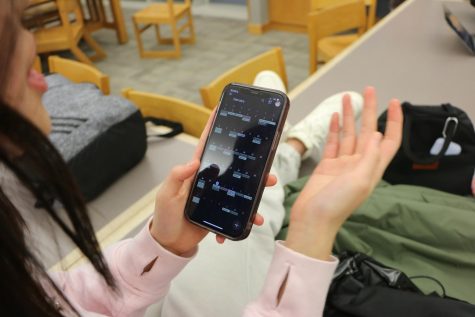
Similarly, Zhang said the first step to creating a balance is recognizing how vital that sense of balance is.
“(For) some people, when it gets too overwhelming (they) don’t recognize that balance is needed, and (they) end up not being able to complete part of their work because the lack of balance caused them to get really behind,” she said.
Additionally, Yeh said he chooses to take an “it is what it is” point of view on life when balance becomes difficult.
“Even if you mess up a lot, you’re still the same person. You didn’t suddenly change,” he said. “(Part of it) is bad luck. You could’ve been in a terrible situation, or (maybe you were) in a good situation, but it’s all luck. You shouldn’t beat yourself up about it.”
Ultimately, in light of the three-year pandemic anniversary, Schwartz said it is possible for students to re-develop a pragmatic relationship among all their commitments. She said schedules can have equal amounts of rigor and joy. At the same time, mental health doesn’t have to suffer.
“I want kids to find a balance by taking classes that make them feel alive or bring them joy or that enhance their already existing hobbies or their spirit,” she said. “I think it is critical for students to be aware of their mental health and to embrace it and also care for it. At the same time, (they should) make sure they’re being a good student. They can coexist.”

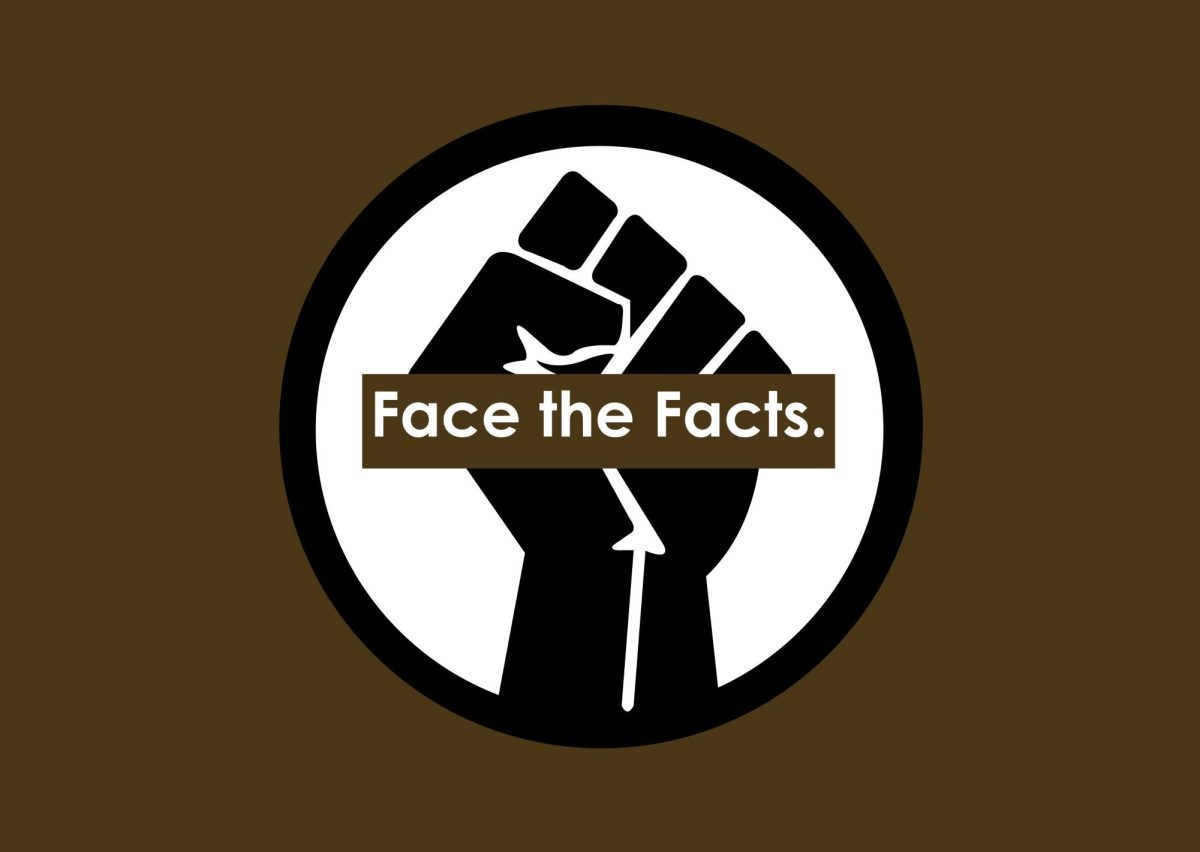








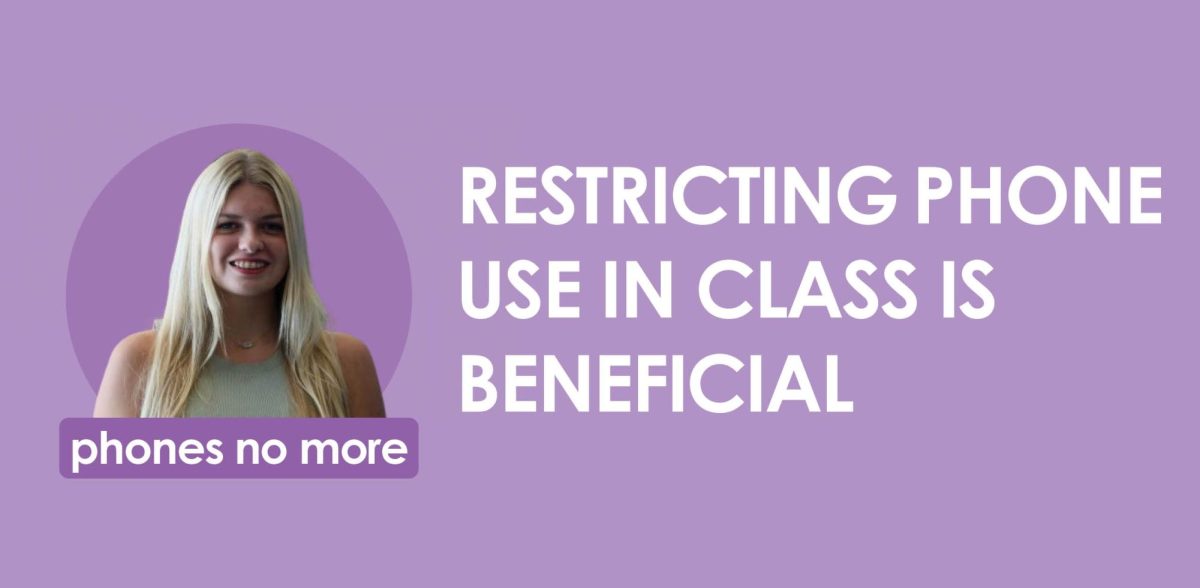
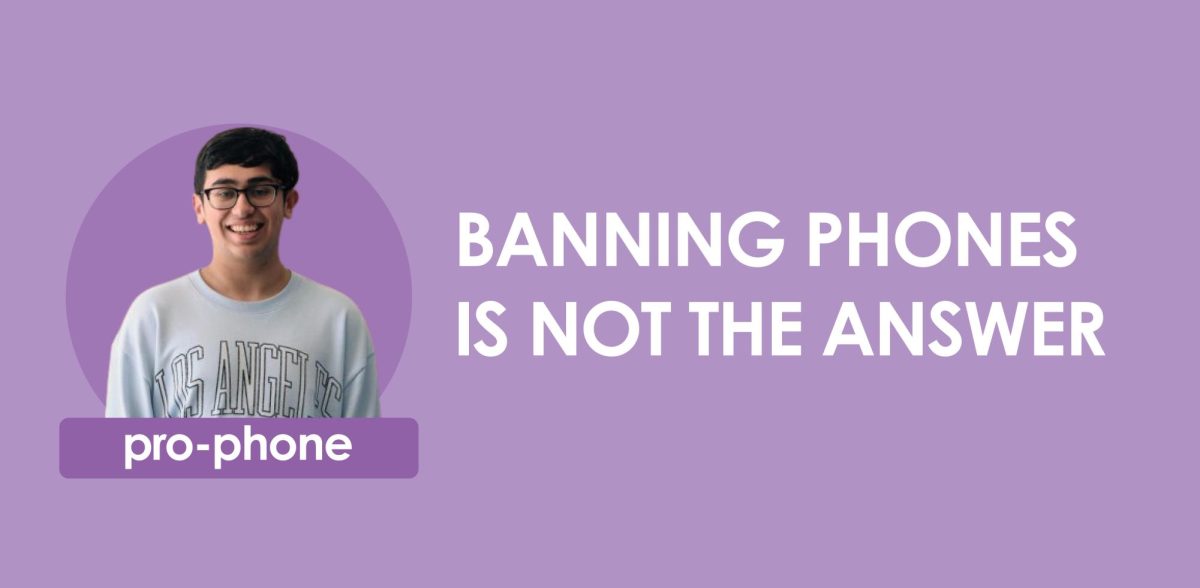
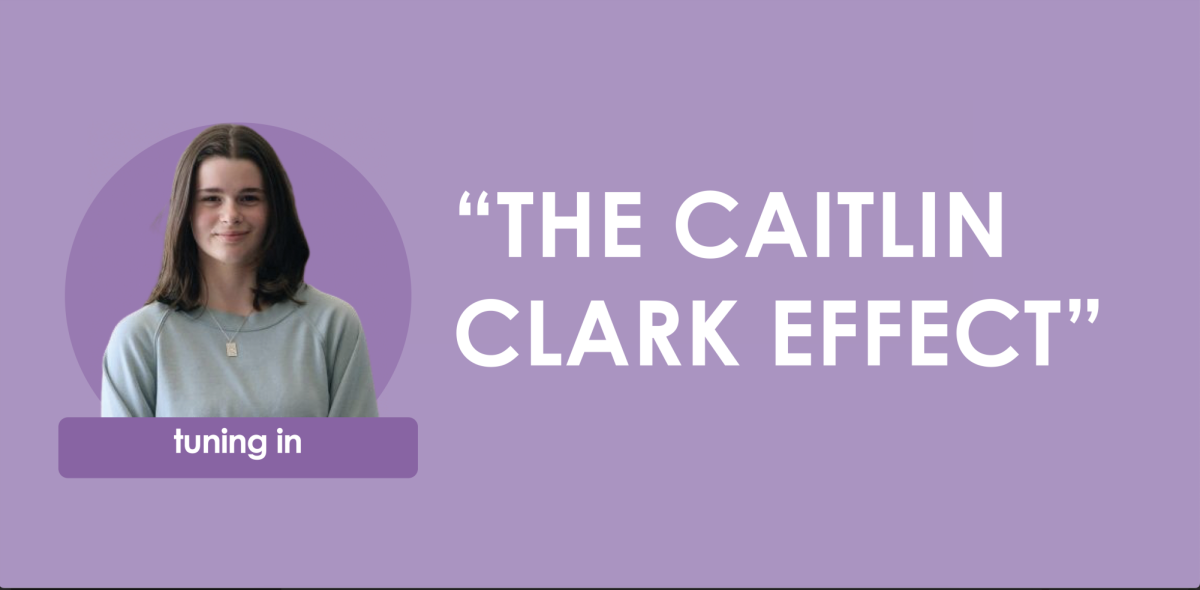
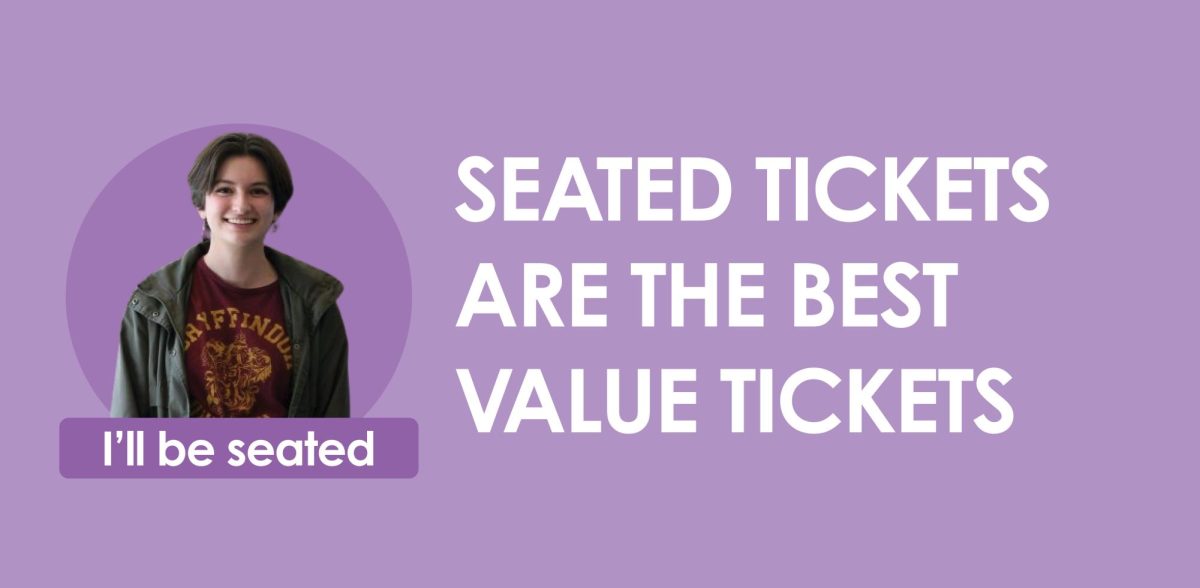
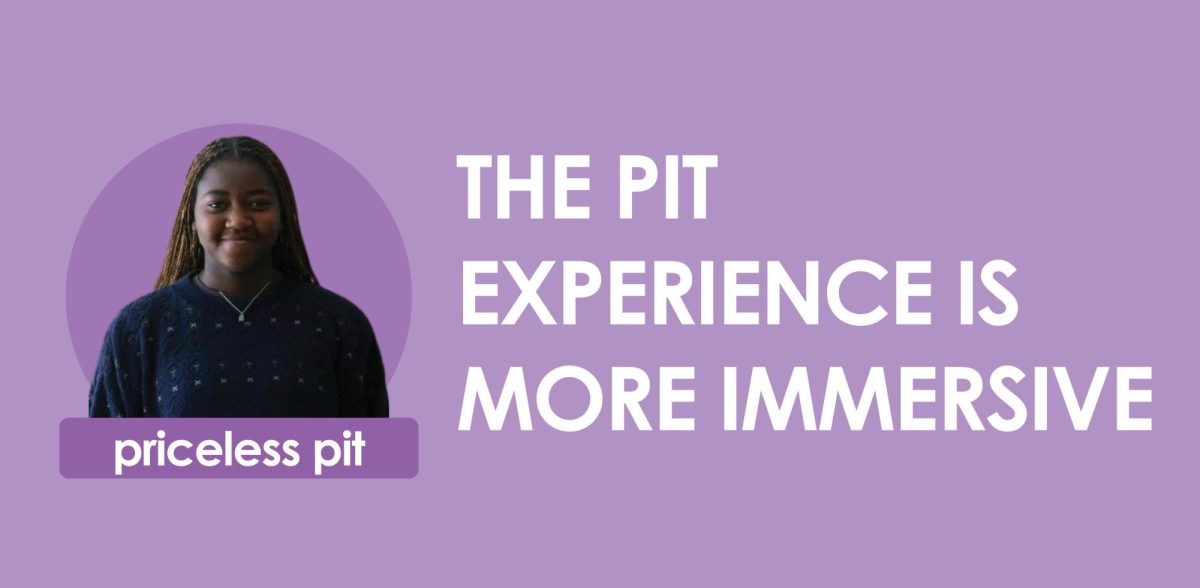
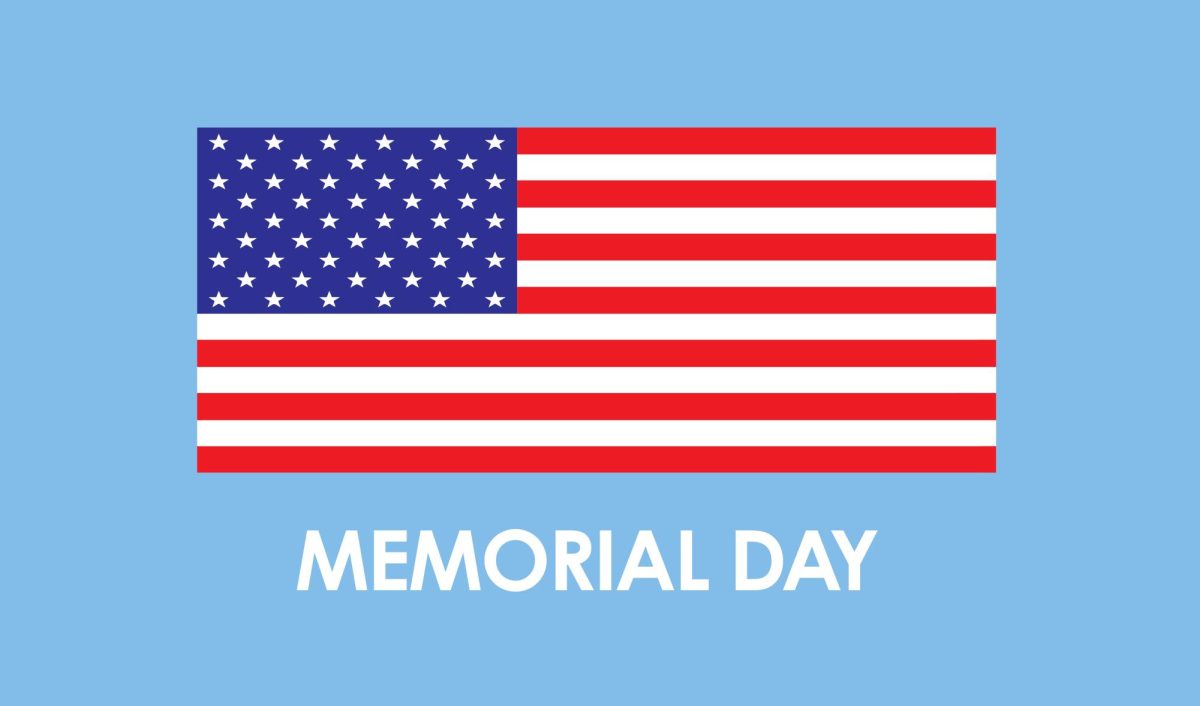


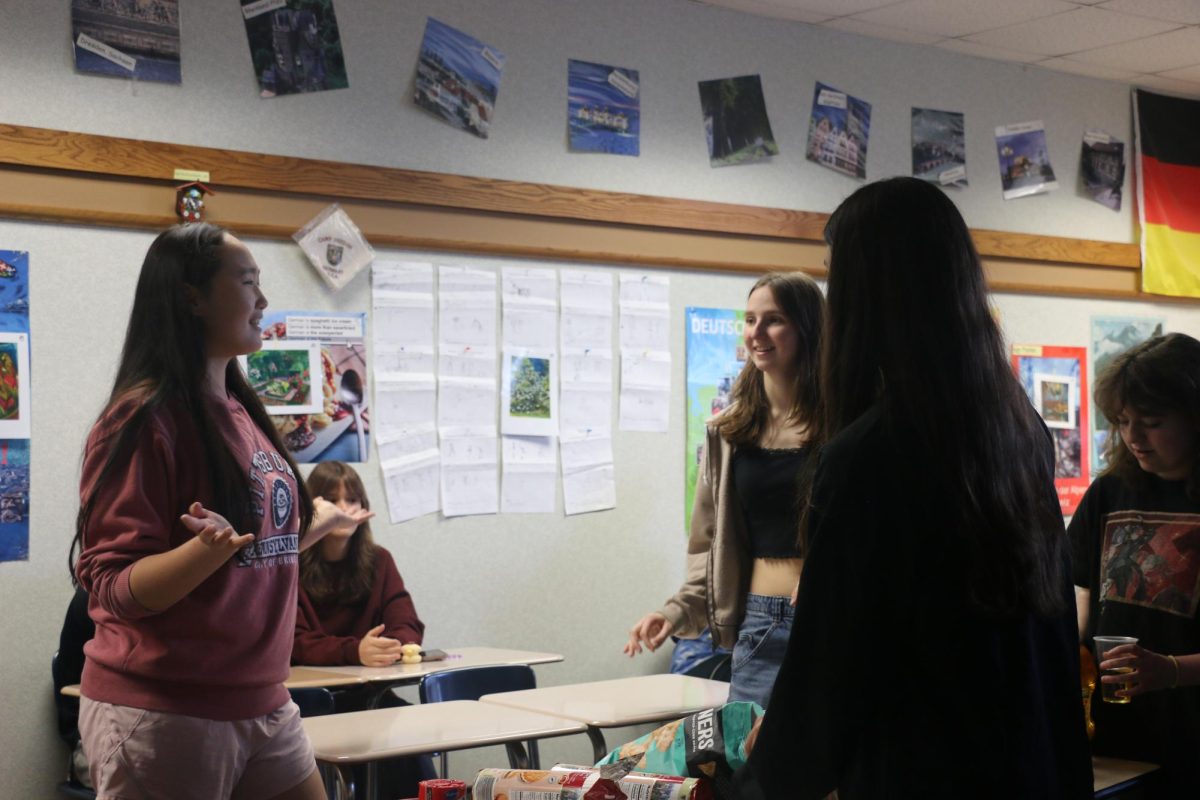

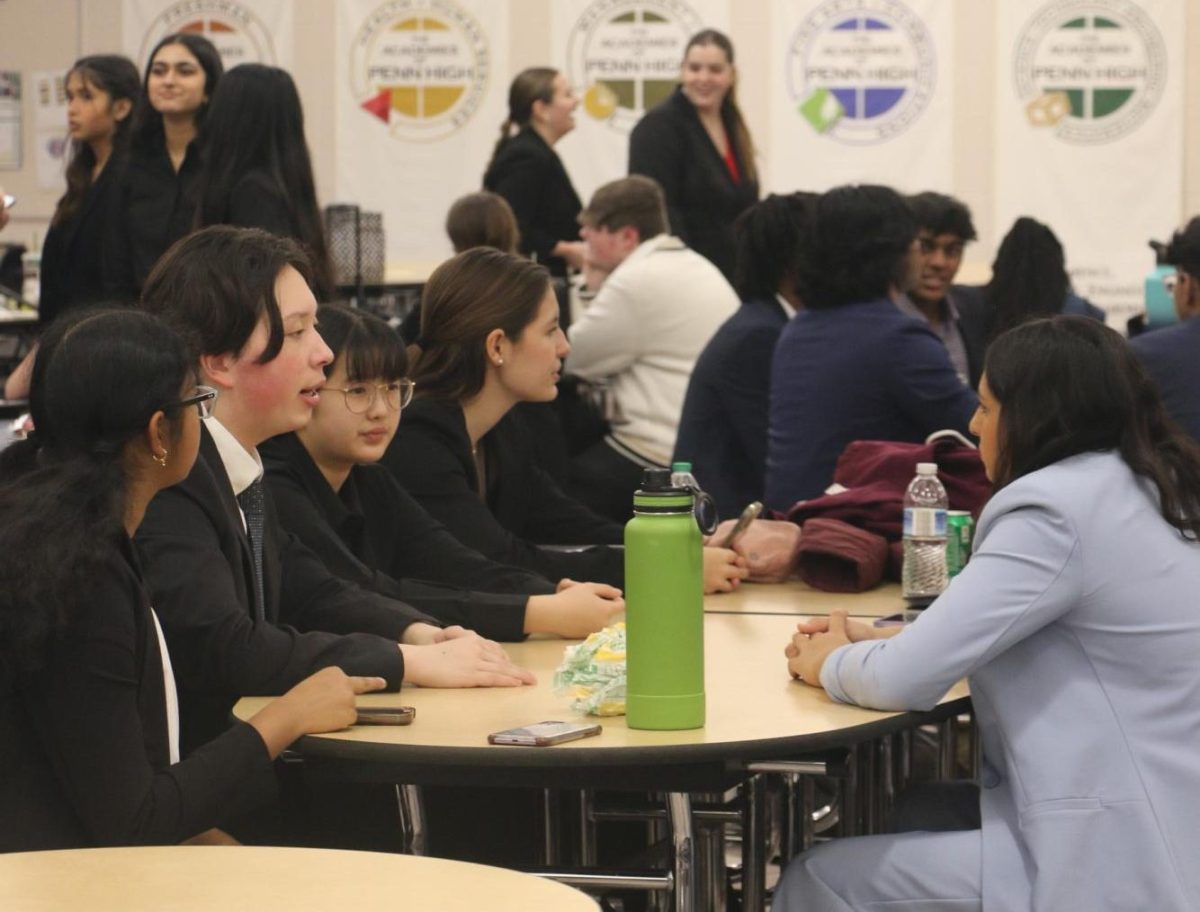
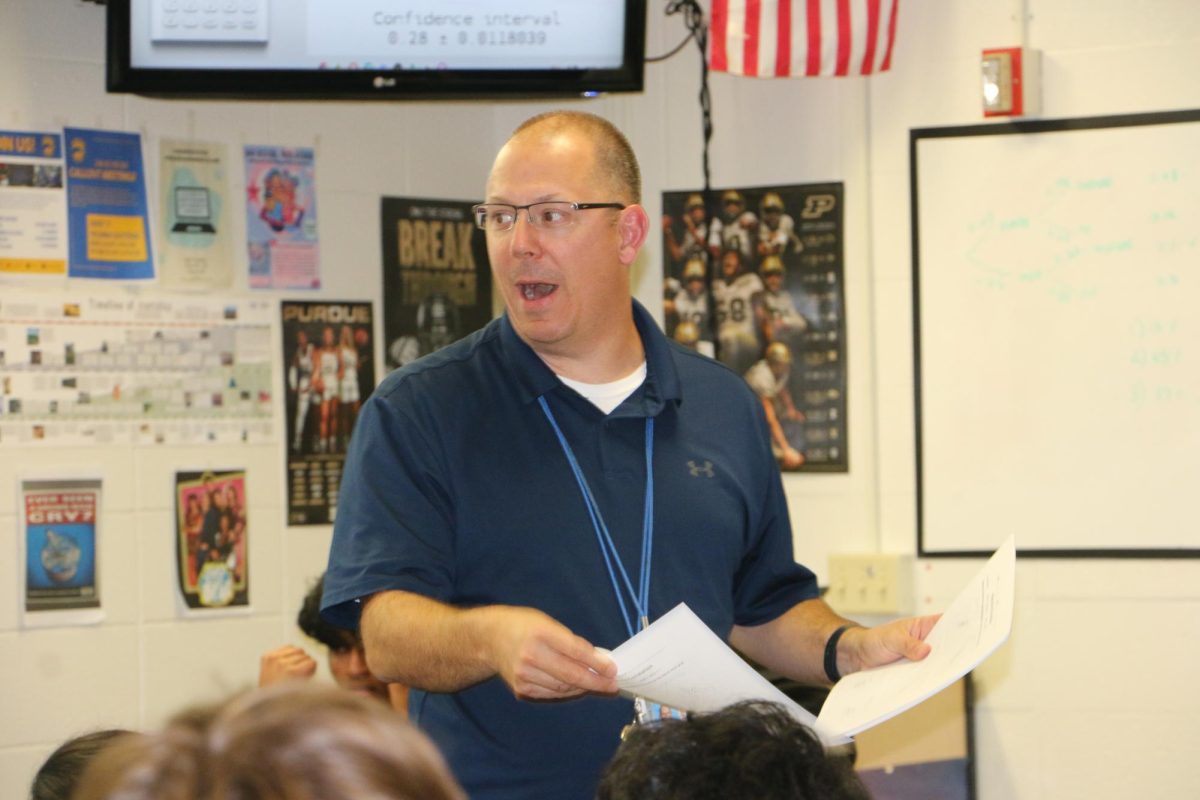








![Family vlogger controversy, need for content reform [opinion]](https://hilite.org/wp-content/uploads/2024/05/Screenshot-2024-05-14-11.33.37-AM-1200x465.png)





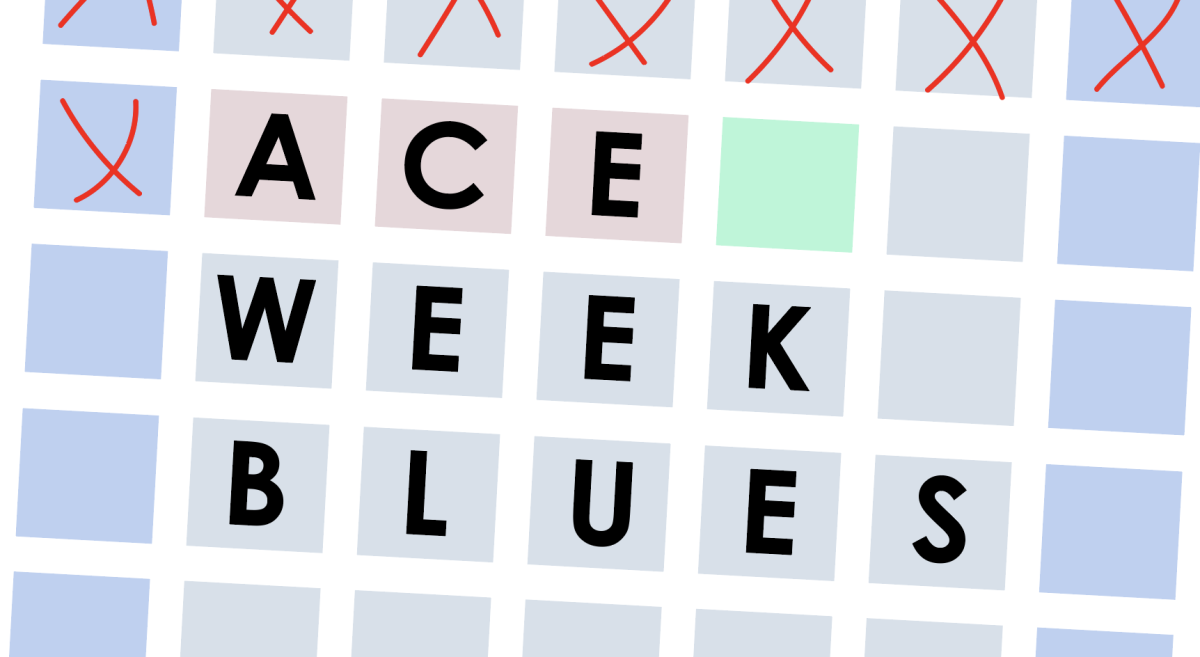
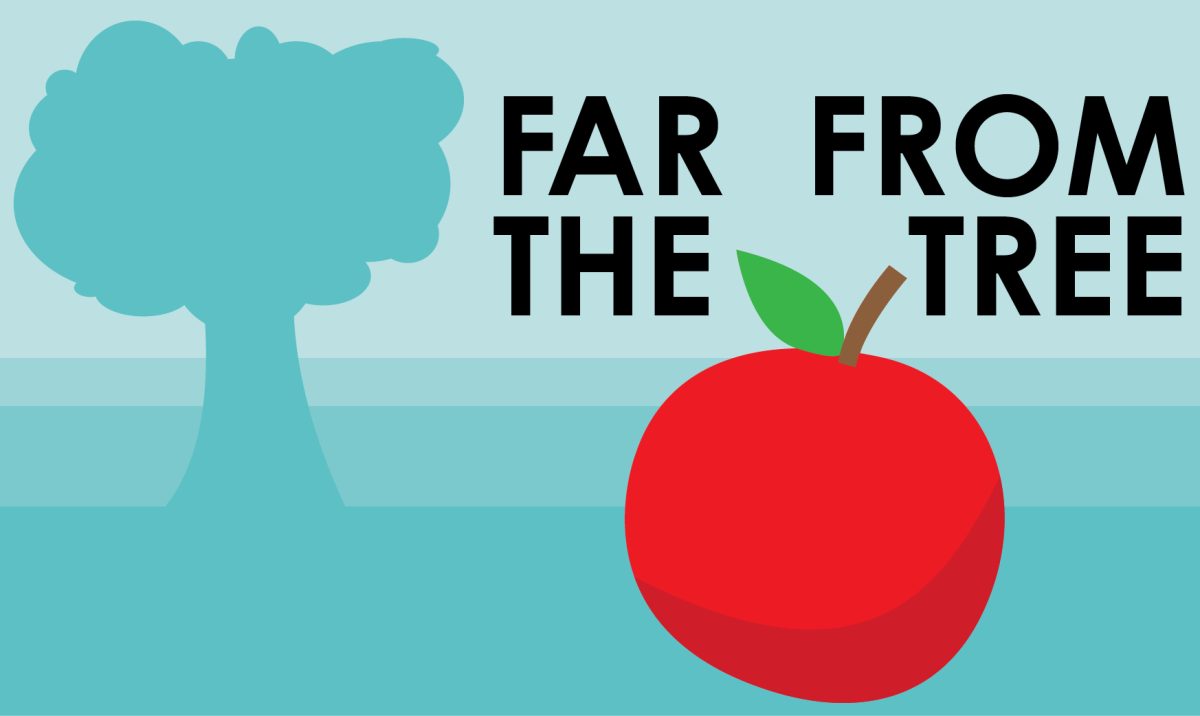
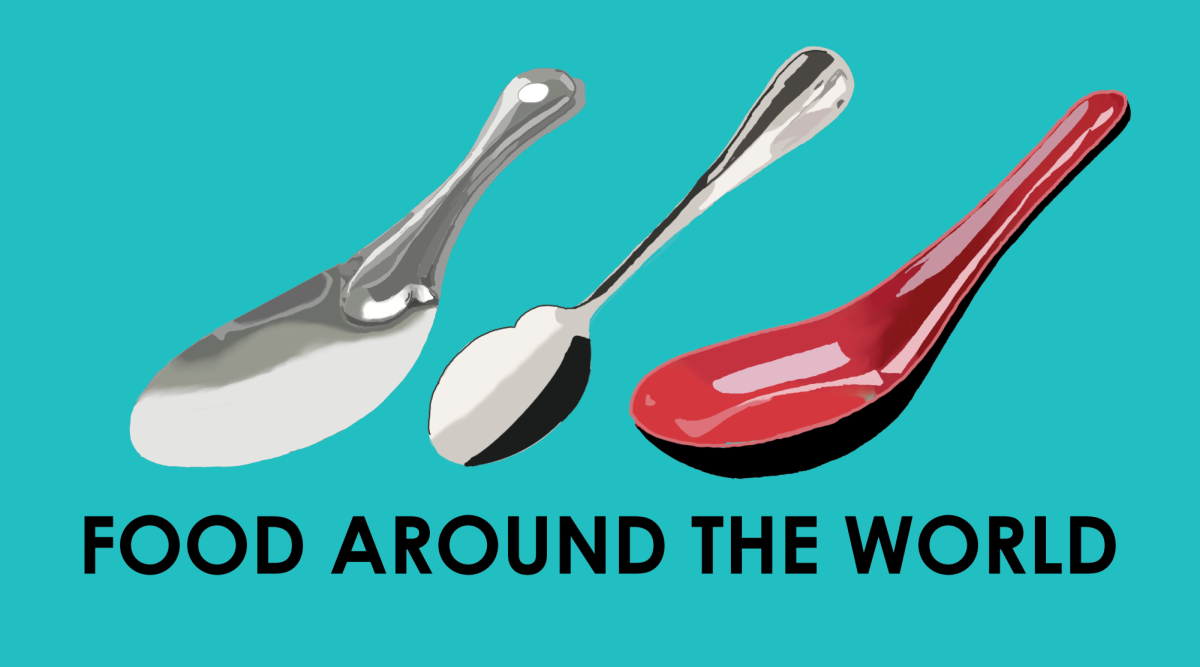
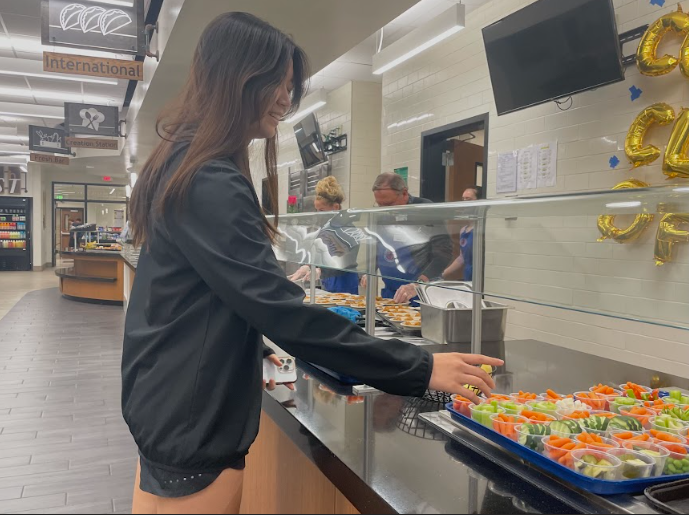





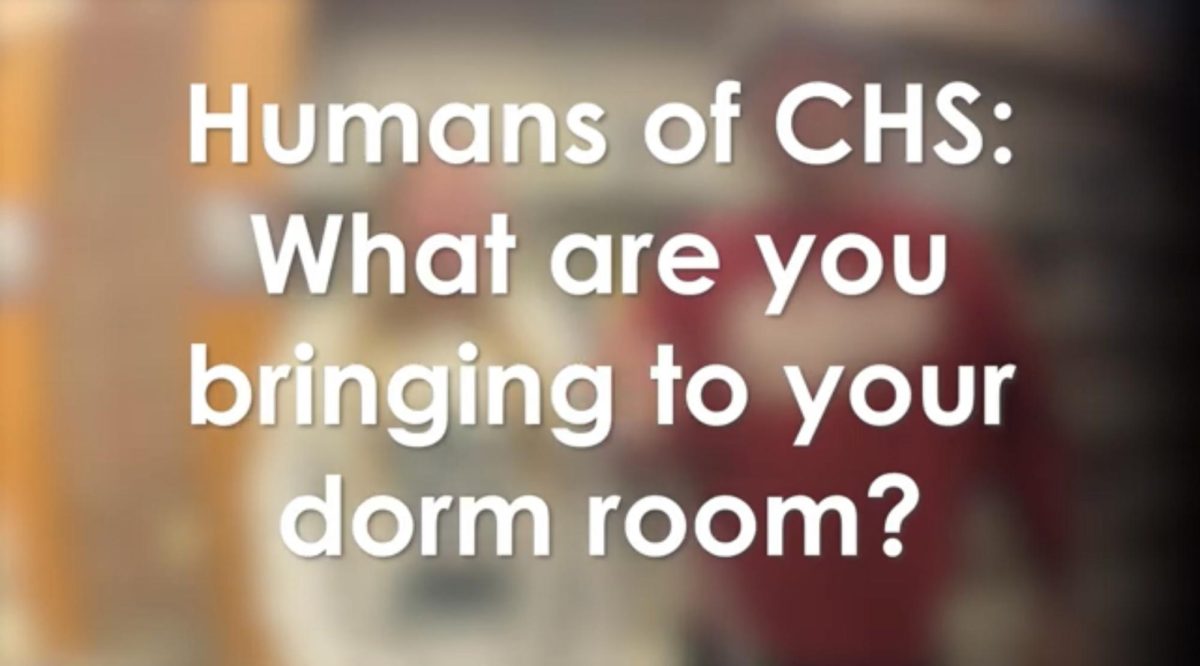









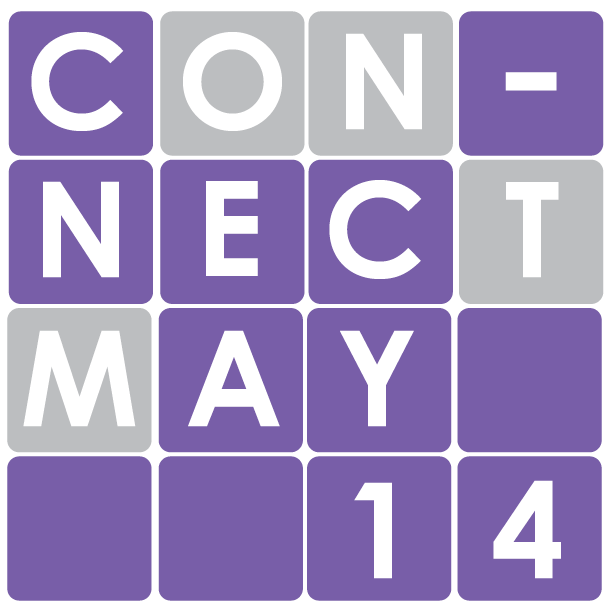

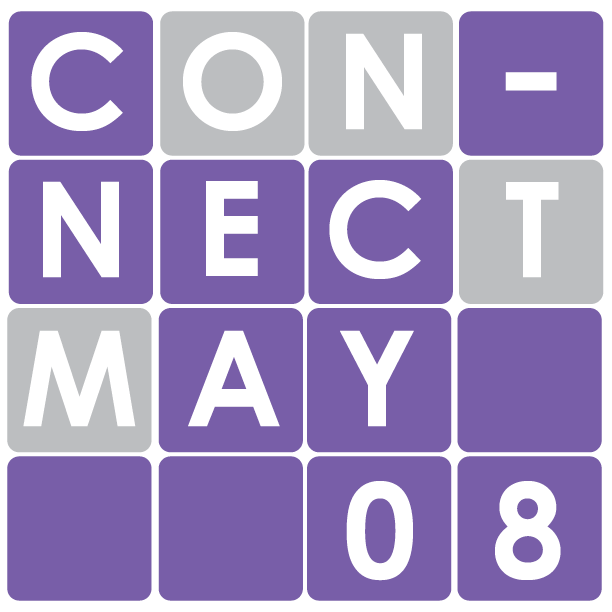

![Review: Taylor Swift’s new album The Tortured Poets Department is not her best work but is still a brilliant album [MUSE]](https://hilite.org/wp-content/uploads/2024/05/The-Anthology_Cover-1200x675.webp)
![Review: Challengers does it all [MUSE]](https://hilite.org/wp-content/uploads/2024/05/challengers-poster-1200x600.png)
![Review: A House of Flame and Shadow by Sarah J. Maas was a disappointing read [MUSE]](https://hilite.org/wp-content/uploads/2024/05/house-of-flame-and-shadow-feature.png)
![Review: Conan Gray’s new album, “Found Heaven”, is a refreshing twist on modern music [MUSE]](https://hilite.org/wp-content/uploads/2024/05/Screenshot-2023-10-31-at-16.01.05.webp)
![Review: “Bodies, Bodies, Bodies” is the quintessential Gen-Z movie [MUSE]](https://hilite.org/wp-content/uploads/2024/05/Screenshot-2024-05-15-140618.png)
![Review in Print: Maripaz Villar brings a delightfully unique style to the world of WEBTOON [MUSE]](https://hilite.org/wp-content/uploads/2023/12/maripazcover-1200x960.jpg)
![Review: “The Sword of Kaigen” is a masterpiece [MUSE]](https://hilite.org/wp-content/uploads/2023/11/Screenshot-2023-11-26-201051.png)
![Review: Gateron Oil Kings, great linear switches, okay price [MUSE]](https://hilite.org/wp-content/uploads/2023/11/Screenshot-2023-11-26-200553.png)
![Review: “A Haunting in Venice” is a significant improvement from other Agatha Christie adaptations [MUSE]](https://hilite.org/wp-content/uploads/2023/11/e7ee2938a6d422669771bce6d8088521.jpg)
![Review: A Thanksgiving story from elementary school, still just as interesting [MUSE]](https://hilite.org/wp-content/uploads/2023/11/Screenshot-2023-11-26-195514-987x1200.png)
![Review: When I Fly Towards You, cute, uplifting youth drama [MUSE]](https://hilite.org/wp-content/uploads/2023/09/When-I-Fly-Towards-You-Chinese-drama.png)
![Postcards from Muse: Hawaii Travel Diary [MUSE]](https://hilite.org/wp-content/uploads/2023/09/My-project-1-1200x1200.jpg)
![Review: Ladybug & Cat Noir: The Movie, departure from original show [MUSE]](https://hilite.org/wp-content/uploads/2023/09/Ladybug__Cat_Noir_-_The_Movie_poster.jpg)
![Review in Print: Hidden Love is the cute, uplifting drama everyone needs [MUSE]](https://hilite.org/wp-content/uploads/2023/09/hiddenlovecover-e1693597208225-1030x1200.png)
![Review in Print: Heartstopper is the heartwarming queer romance we all need [MUSE]](https://hilite.org/wp-content/uploads/2023/08/museheartstoppercover-1200x654.png)






















![Review: “Ginny & Georgia” is a dramatic and poorly made emotional rollercoaster–and I loved it anyway [MUSE]](https://hilite.org/wp-content/uploads/2024/03/ginny-and-georgia-season2-main-be37bbb9487a41e88b3f66c3baacd5c3-300x177.jpg)
![Review: Witch Hat Atelier is a masterpiece in art and world-building, but the story has only begun [MUSE]](https://hilite.org/wp-content/uploads/2024/01/unnamed-211x300.png)
![Review: “Mysterious Lotus Casebook” is an amazing historical Chinese drama [MUSE]](https://hilite.org/wp-content/uploads/2024/03/0-300x170.webp)
![Review: “A Little Life” by Hanya Yanagihara is the epitome of a heartwrenching masterpiece [MUSE]](https://hilite.org/wp-content/uploads/2024/01/unnamed-5-300x200.png)

